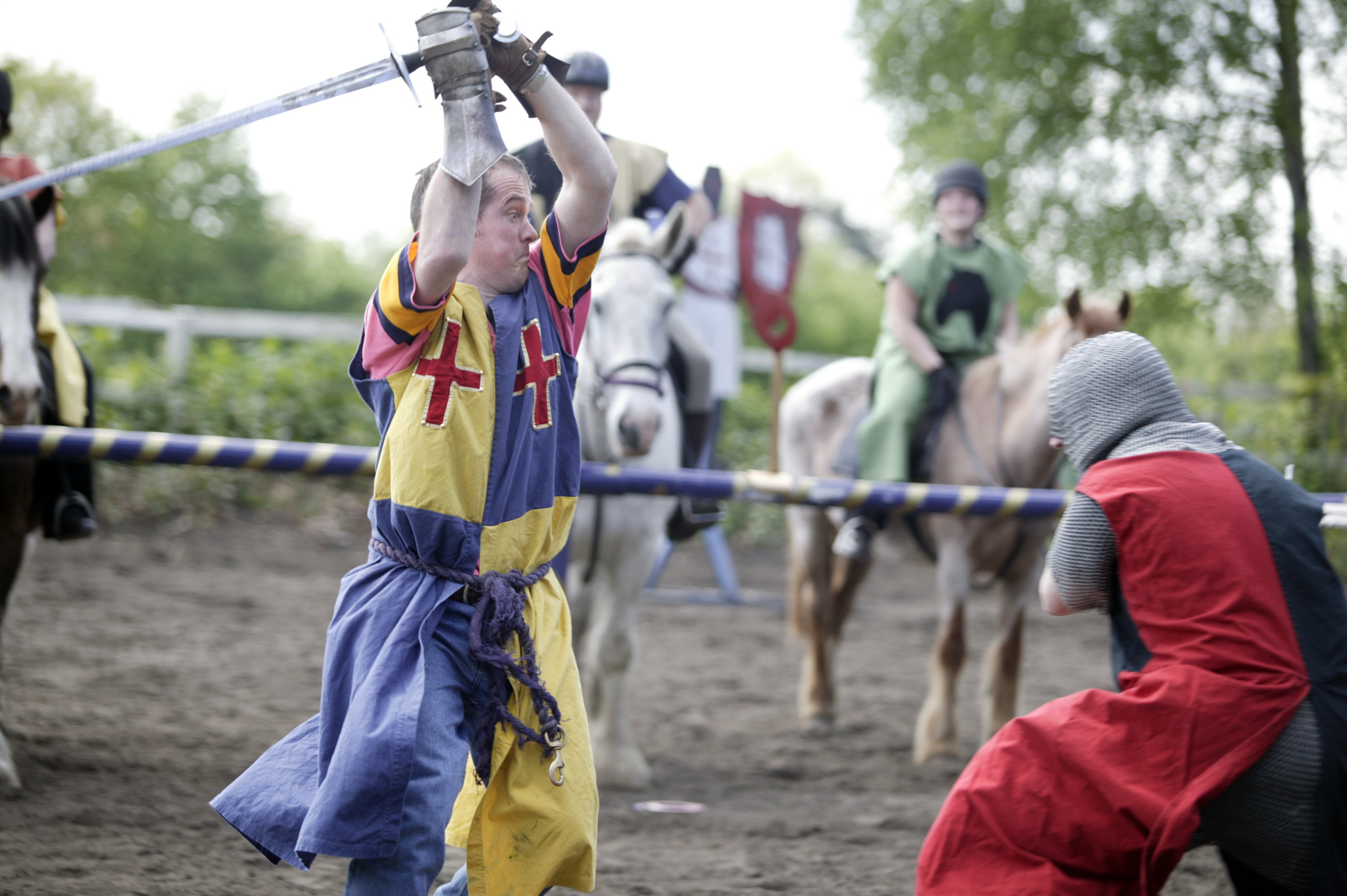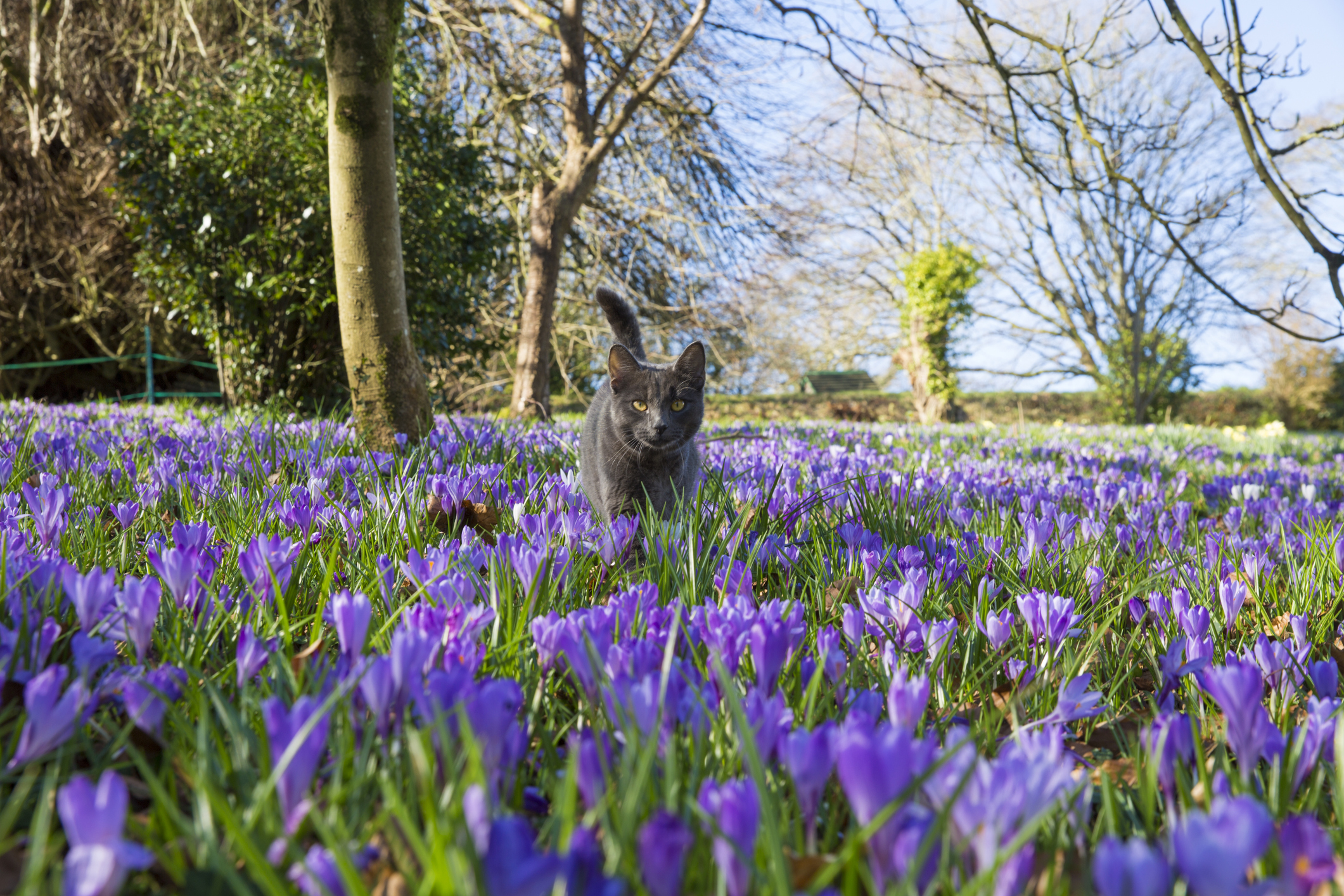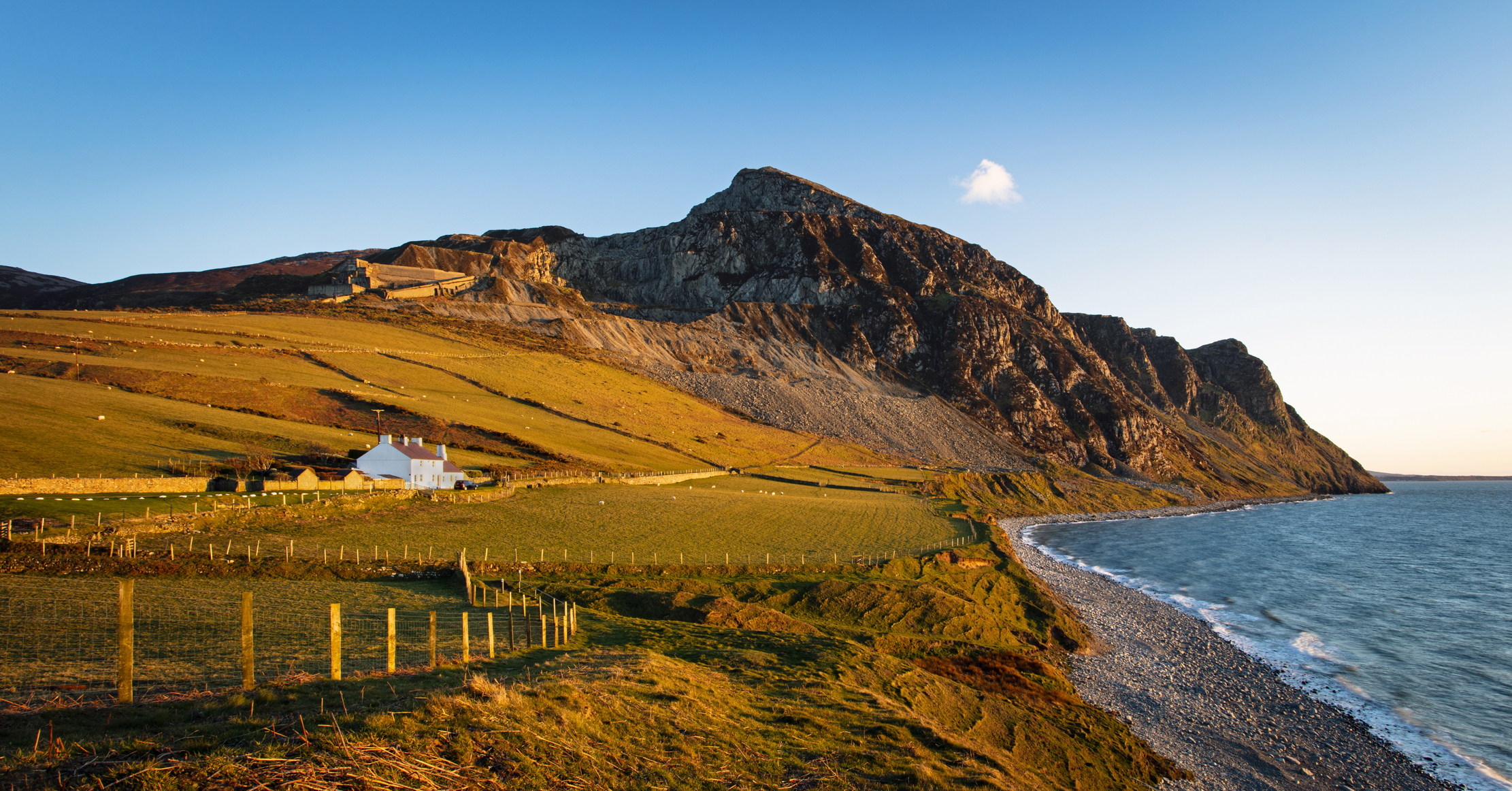Beware experience, lest we forget what actually makes these places important in the first place
Jousting in castles? Falconry demonstrations? That's all fine, says Athena, as long as people don't forget about the real purposes of our visitor attractions and cultural institutions.


The past decade has witnessed the widespread rise of a new kind of offer at visitor attractions and cultural institutions: the Experience. The cynic might say that it is as if we have become collectively bored by historic sites and desire to see them dramatised or changed in some way.
Rather than simply be offered the walls and towers of a castle to admire, for example, visitors prefer to see them as the setting for a joust, falconry demonstration or even a lesson in ‘magic’, complete with wands and ‘Harry Potter’ robes; eschewing a free tour through the galleries of a museum in daylight, they will pay handsomely to be guided through them at night; and instead of enjoying the interiors and collections of a great country house in summer, when they are on display to all advantage, they will flock to see them in subdued light and veiled by themed decorations for Christmas.
In fact, Athena is more positive than cynical about such initiatives. That’s partly because any encounter with a beautiful place or historic building or object, whatever its accoutrements or lighting, can spark a consuming enthusiasm. No less importantly, she’s extremely conscious that the income generated by 'Experiences' is vitally important to the sites in question.
She would further observe that the idea — in essence, the presentation of one thing in the context of another — is something with a long history. We don’t often think of it in these terms, but such, for example, is the country-house opera, which is essentially a performance made more memorable and enjoyable by its location.
All that said, it’s important that we don’t mistake what we are doing in promoting experiences. Of central importance in this regard is the reality that an experience may not have anything to do with the venue it uses. The opera set off to advantage by performance in a country house, for example, doesn’t necessarily give anything back to the property.
By the same token, a castle might be no more than a themed backdrop to the fun of a 21st-century joust or magic lesson; and the contents of a gallery or museum will probably have little different to tell the visitor by day or night.
All this is important to remember at the present moment, because one of the things that particularly seems to be fuelling the enthusiasm for experiences is the screen. Films and television programmes have had such a massive impact not merely because they have introduced particular buildings and landscapes to vast international audiences, but because they have also injected them with drama and human interest.
Sign up for the Country Life Newsletter
Exquisite houses, the beauty of Nature, and how to get the most from your life, straight to your inbox.
Athena has visited a number of places over the summer where the narrative of a film seems to be eclipsing the real history and character of the place where it has been set. Where that happens, we run the risk of forgetting what actually makes these places important in the first place.
Country Life is unlike any other magazine: the only glossy weekly on the newsstand and the only magazine that has been guest-edited by HRH The King not once, but twice. It is a celebration of modern rural life and all its diverse joys and pleasures — that was first published in Queen Victoria's Diamond Jubilee year. Our eclectic mixture of witty and informative content — from the most up-to-date property news and commentary and a coveted glimpse inside some of the UK's best houses and gardens, to gardening, the arts and interior design, written by experts in their field — still cannot be found in print or online, anywhere else.
-
 The King's favourite tea, conclave and spring flowers: Country Life Quiz of the Day, April 22, 2025
The King's favourite tea, conclave and spring flowers: Country Life Quiz of the Day, April 22, 2025Tuesday's Quiz of the Day blows smoke, tells the time and more.
By Toby Keel
-
 London is the place for me* (*the discerning property buyer)
London is the place for me* (*the discerning property buyer)With more buyers looking at London than anywhere else, is the 'race for space' finally over?
By Annabel Dixon